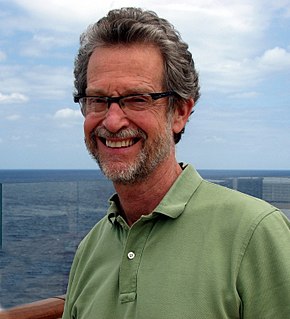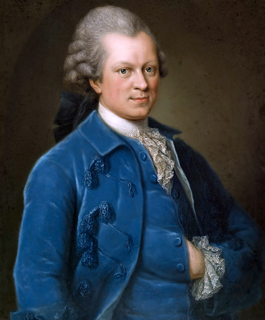A Quote by Ralph Waldo Emerson
The secret of the illusoriness is in the necessity of a succession of moods or objects. Gladly we would anchor, but the anchorageis quicksand.
Quote Topics
Related Quotes
Upon the whole, necessity is something, that exists in the mind, not in objects; nor is it possible for us ever to form the most distant idea of it, consider'd as a quality in bodies. Either we have no idea of necessity, or necessity is nothing but that determination of thought to pass from cause to effects and effects to causes, according to their experienc'd union.
The most agreeable of all companions is a simple, frank man, without any high pretensions to an oppressive greatness; one who loves life, and understands the use of it; obliging alike at all hours; above all, of a golden temper and steadfast as an anchor. For such an one we gladly exchange the greatest genius, the most brilliant wit, the profoundest thinker.
Eloquence shows the power and possibility of man. There is one of whom we took no note, but on a certain occasion it appears that he has a secret virtue never suspected - that he can paint what has occurred and what must occur, with such clearness to a company, as if they saw it done before their eyes. By leading their thought he leads their will, and can make them do gladly what an hour ago they would not believe that they could be led to do at all.








































